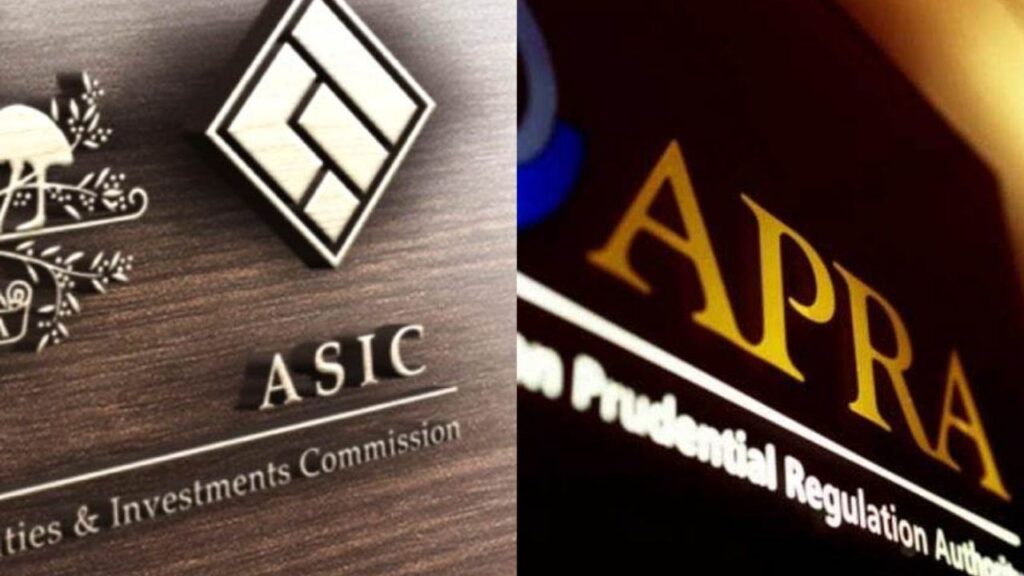The Reserve Bank of Australia (RBA) has recently cut the cash rate by 0.25 percentage points, bringing it down to 3.85%. In response, major Australian banks—including Westpac, Commonwealth Bank, NAB, and ANZ—have passed this reduction on to customers with variable-rate home loans.
But here’s the catch: while the headlines seem promising, the real benefit depends on how quickly banks implement the changes and how informed borrowers are. In this expert guide, we’ll break down what the rate cut means for your mortgage, how banks profit from the delay, and what you can do to maximize your savings.

Banks Pass on RBA Rate Cut as Westpac’s Daily Profits Revealed
| Key Topic | Details |
|---|---|
| RBA Cash Rate Cut | Reduced by 0.25% in May 2025, bringing the rate to 3.85% |
| Westpac Response | Passed on full rate cut to variable-rate mortgages |
| Implementation Delay | Rate cut takes effect 14 days after RBA decision |
| Estimated Borrower Savings | ~$2,136/year on a $500,000 loan with two cuts (0.50% total) |
| Bank Profits During Delay | Westpac and others earn millions in extra interest during 2-week lag |
| Official Statements | RBA Media Releases |
The latest RBA interest rate cut brings financial relief for many Australians, but only for those who take proactive steps. While Westpac and other banks have passed on the cut, the delayed implementation shows how banks continue to profit even during rate reductions.
As a borrower, you have more power than you think. Review your rate, negotiate assertively, and consider refinancing if your lender isn’t rewarding your loyalty. A few phone calls and smart decisions can save you thousands and shorten your mortgage term.
Why the RBA Cut Rates Again
The RBA’s decision stems from a combination of:
- A sluggish economy post-COVID rebound
- Softer inflationary pressures
- Declining retail sales and consumer confidence
- Signs of mortgage stress among Australian households
By lowering the cash rate, the RBA encourages banks to reduce lending costs, aiming to stimulate economic activity and reduce pressure on household budgets.
How Banks Like Westpac Reacted — But with a Twist
Westpac, along with other major banks, announced they would pass on the full 0.25% rate cut to borrowers on variable home loans. However, as usual, the change won’t be immediate.
Why the Delay Matters
Banks typically implement these changes 10 to 21 days after the RBA’s announcement. For a bank like Westpac, with over $450 billion in mortgage assets, a short delay translates into tens of millions in additional profit—all before the savings are passed to consumers.
Real Impact for Mortgage Holders
Let’s walk through an example using the average Australian mortgage.
$500,000 Loan Over 25 Years
| Interest Rate | Monthly Repayment | Annual Savings (vs. previous) |
|---|---|---|
| 6.00% | $3,220 | — |
| 5.75% | $3,138 | ~$984 |
| 5.50% | $3,057 | ~$1,956 |
Maintaining your current repayment amount even after the rate cut can shorten your loan term by several years and save you tens of thousands in total interest.
How Rate Cuts Affect Your Household Budget
Lower rates don’t just affect your mortgage—they influence your entire financial ecosystem.
Ripple Effects
- Credit card rates may remain high, as they are largely unaffected.
- Personal loan rates might fall slightly.
- Savings accounts and term deposits will yield lower returns.
- Rental pressures could ease if investor confidence improves.
Regulator Oversight: What Are APRA and ASIC Doing?

The Australian Prudential Regulation Authority (APRA) and the Australian Securities and Investments Commission (ASIC) oversee how banks behave, including:
- Ensuring rate changes are transparent
- Preventing predatory lending
- Monitoring bank profit disclosures
If your bank does not pass on the rate or delays significantly, you can lodge a complaint via the Australian Financial Complaints Authority (AFCA).
The 12-Month Outlook: Will Rates Keep Falling?
Financial analysts from Macquarie, AMP Capital, and Westpac’s own economists suggest that more rate cuts may be on the horizon if:
- Inflation remains below 3.5%
- Unemployment ticks upward
- Global growth remains subdued
Pro Tip:
Lock in lower variable rates now, but stay flexible. Fixed rates are often higher and may not reflect future trends.
What the Experts Say
“The key is not just getting a lower rate—it’s what you do with the savings,” says Sally Tindall, research director at RateCity.
Consumer advocate advice:
- Don’t assume your bank will reduce your rate without asking.
- Call and negotiate—you might get a better deal than advertised.
- Consider switching banks or using a broker if your loyalty isn’t rewarded.
What Borrowers Should Do Right Now
1. Check Your Loan Rate
- Log in to your banking app or statement.
- Check for the updated interest rate.
- If it hasn’t dropped, contact your lender immediately.
2. Call and Negotiate
- Mention competitor rates.
- Ask for a retention discount or customer loyalty rate.
3. Consider Refinancing
- Use comparison sites like Finder, Mozo, or Lendi.
- Watch out for exit fees or break costs on fixed loans.
Australia Compassionate Leave Amount 2025 – Check Eligibility & Payment Date
Disability Pension Bonus 2025 in Australia – Check Payout Dates, Eligibility
$3300 Monthly Age Pension Australia 2025 – Check Who Is Eligible?
4. Maximize the Savings
- Maintain higher repayments.
- Use an offset account.
- Make lump sum payments when possible.
FAQs
Q1: Will my bank automatically lower my repayments?
Not always. Some lenders reduce your interest rate, but keep monthly payments unchanged—which can be good if you want to pay off your loan faster.
Q2: What if I’m on a fixed loan?
You’re locked in until the end of the fixed term. When it expires, consider switching to a lower variable rate or refinancing.
Q3: How do I know if I’m getting a good deal?
Compare your rate to the average advertised rate. As of June 2025, many variable home loans are under 5.50% for strong-credit borrowers.
Q4: Can I refinance if I just bought a home?
Yes—generally after 6–12 months. But ensure your loan-to-value ratio (LVR) is still under 80% to avoid LMI (Lenders Mortgage Insurance) charges again.
Q5: Will savings accounts earn less interest too?
Yes. Most banks will reduce interest on savings and term deposit accounts. Consider high-interest online savings platforms or government bonds for better yields.







